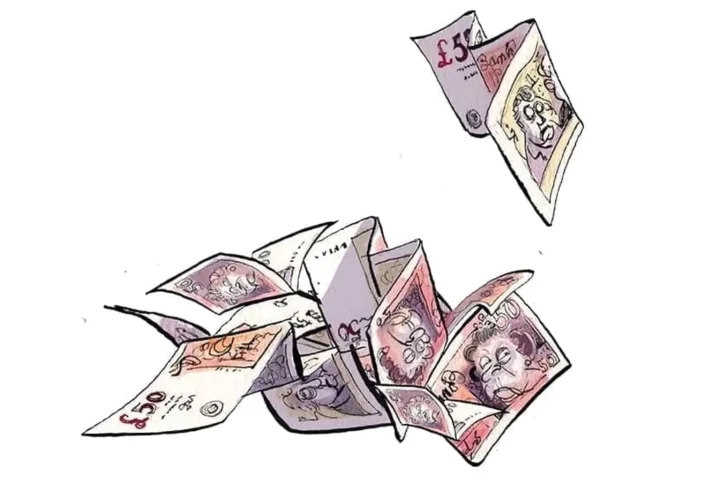They never give up, those Remainers. Like the Japanese soldier found on a Pacific island still fighting the second world war – in 1974, every other day there is another loose shot from the undergrowth. After last week’s Ditchley Park gathering involving Lord Mandelson, David Lammy and others, comes an interview in the Overshoot with Monetary Policy Committee (MPC) member Jonathan Haskel.
Already a subscriber? Log in
Subscribe for just $2 a week
Try a month of The Spectator Australia absolutely free and without commitment. Not only that but – if you choose to continue – you’ll pay just $2 a week for your first year.
- Unlimited access to spectator.com.au and app
- The weekly edition on the Spectator Australia app
- Spectator podcasts and newsletters
- Full access to spectator.co.uk
Or





















Comments
Don't miss out
Join the conversation with other Spectator Australia readers. Subscribe to leave a comment.
SUBSCRIBEAlready a subscriber? Log in